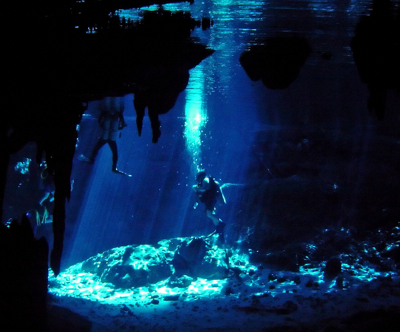The ocean floor is rare earth miners new frontier—report

The demand for hard-to-find rare-earth elements needed for portable electronics and batteries for hybrid vehicles continues to push mining companies to scour the ocean floors.
Since 2001 the United Nations’ International Seabed Authority has issued 30 exploration permits for the Pacific, Mid-Atlantic and Indian Oceans. But BBC News correspondent Nick Davis says there has been a rush of late, with another seven ready to be issued.
Last year, the United Nations published an update to its plan for developing a regulatory framework for deep sea mining, saying private firms would be allowed to apply for mineral, oil and gas extraction licenses as soon as 2016.
“We are at the threshold of a new era of deep sea mining,” told the UK House of Commons in January the Minister of State, Foreign and Commonwealth Office Hugo Swire. He added a recent assessment of the Pacific Ocean has estimated over 27 billion tonnes of “rock nodules” —small mineral-rich rocks from the seabed— may be lying on its floor, including 290 million tonnes of copper, 340 million tonnes of nickel and an undetermined but immense amount of rare earth elements, among several other rcihes.
You can watch the BBC report here:
More News
Contract worker dies at Rio Tinto mine in Guinea
Last August, a contract worker died in an incident at the same mine.
February 15, 2026 | 09:20 am
{{ commodity.name }}
{{ post.title }}
{{ post.date }}





Comments